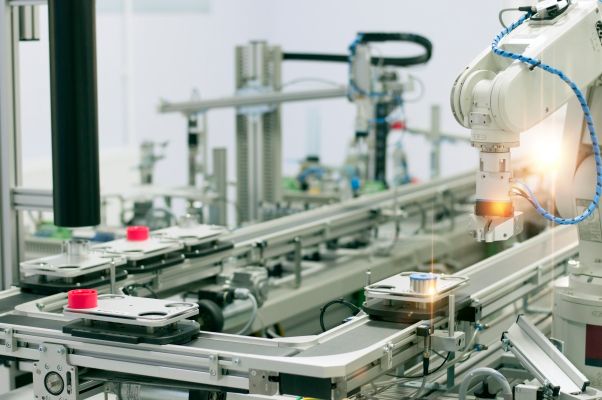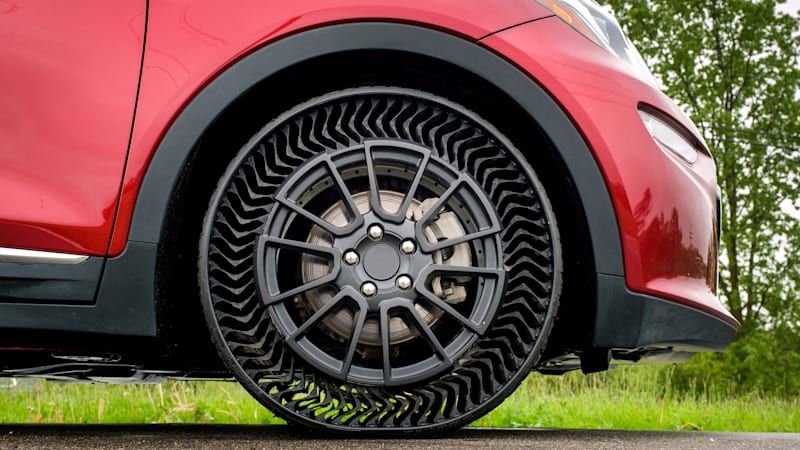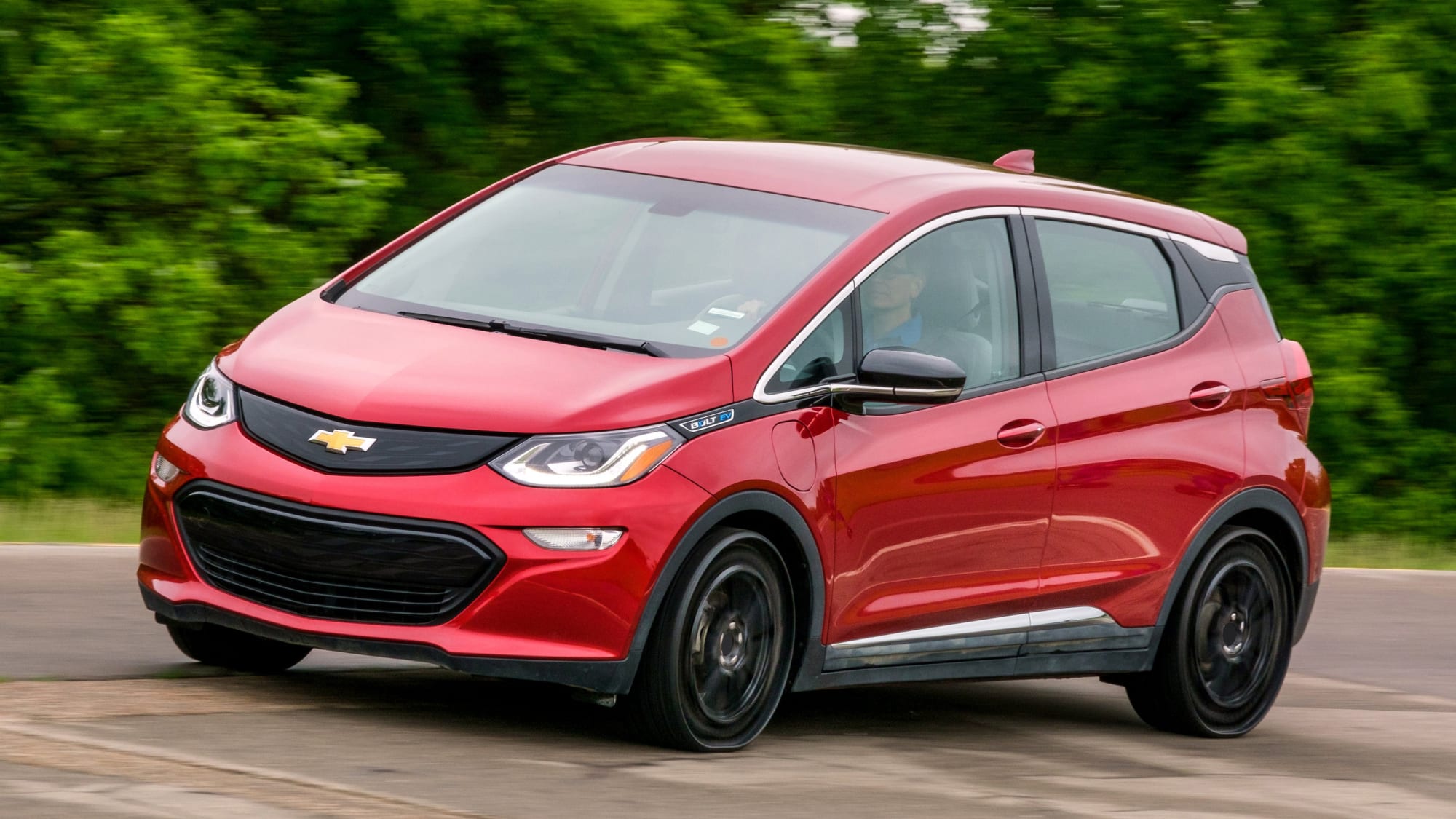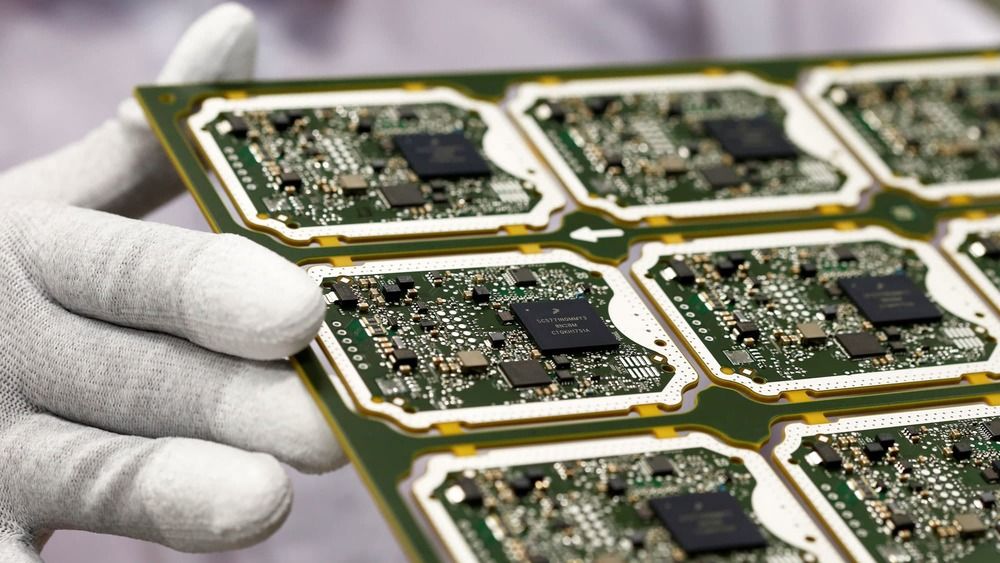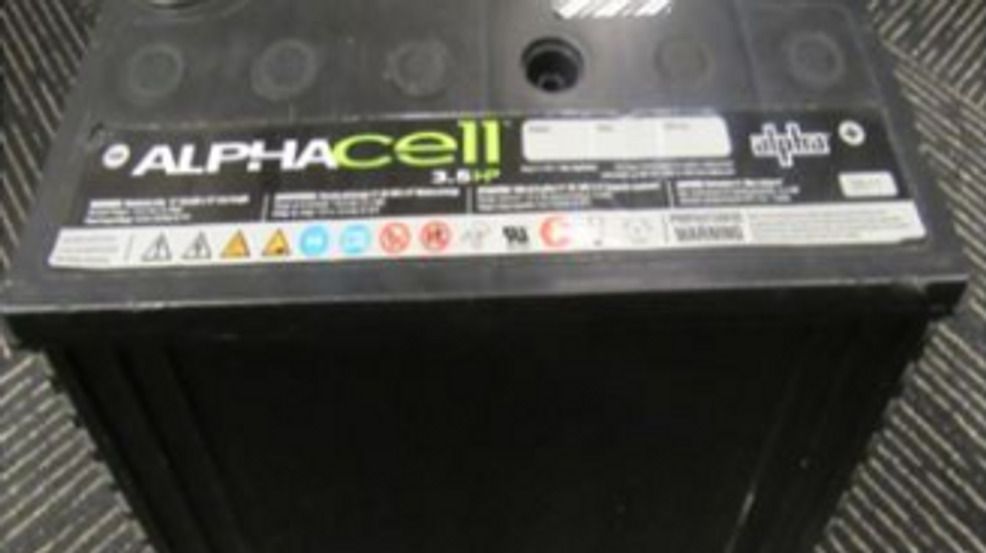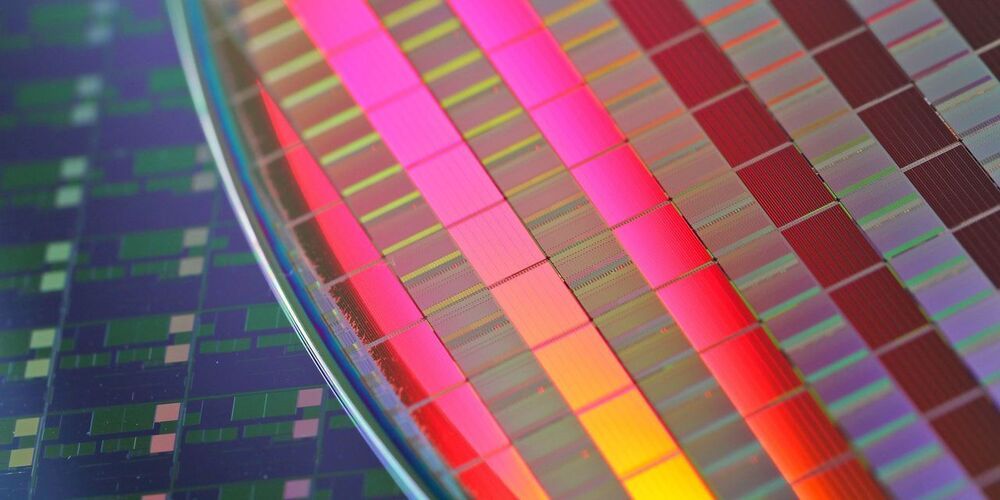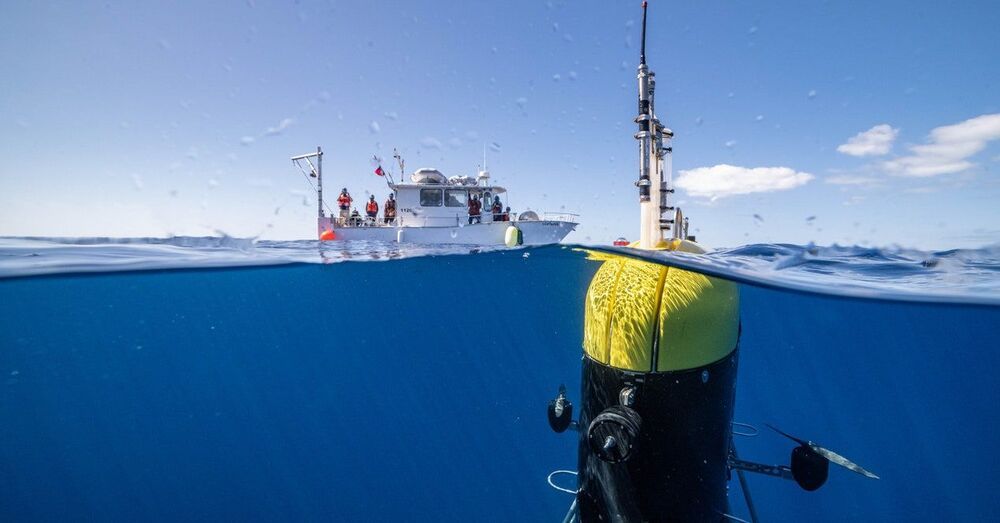Without GPS, autonomous systems get lost easily. Now a new algorithm developed at Caltech allows autonomous systems to recognize where they are simply by looking at the terrain around them—and for the first time, the technology works regardless of seasonal changes to that terrain.
Details about the process were published on June 23 in the journal Science Robotics.
The general process, known as visual terrain-relative navigation (VTRN), was first developed in the 1960s. By comparing nearby terrain to high-resolution satellite images, autonomous systems can locate themselves.

